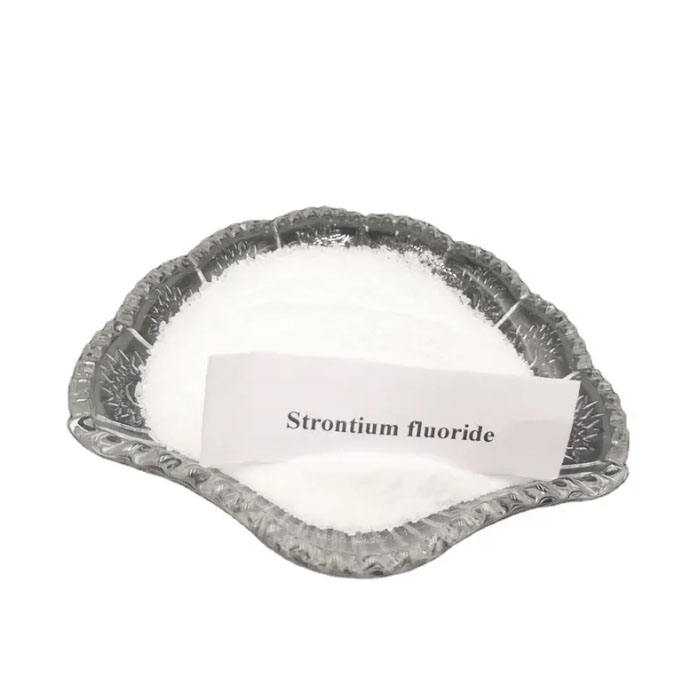



Calculating the pH of a 0.001 M Sodium Hydroxide Solution
Understanding the pH of a 0.001 M NaOH Solution
The pH scale is a logarithmic scale used to specify the acidity or basicity of an aqueous solution. A pH value of 7 is considered neutral, values below 7 indicate acidity, and values above 7 indicate basicity. Sodium hydroxide (NaOH) is a strong base that dissociates completely in water, and understanding the pH of a dilute solution, such as 0.001 M NaOH, is crucial in various scientific and industrial applications.
When NaOH is dissolved in water, it dissociates into sodium ions (Na⁺) and hydroxide ions (OH⁻). The dissociation can be represented by the following equation
\[ \text{NaOH} \rightarrow \text{Na}^+ + \text{OH}^- \]
In a 0.001 M NaOH solution, the concentration of hydroxide ions is equal to the concentration of NaOH since it dissociates completely. Thus, the concentration of hydroxide ions [OH⁻] in this solution is 0.001 M.
To calculate the pH of this solution, we first need to determine the pOH, which is the negative logarithm of the hydroxide ion concentration
\[ \text{pOH} = -\log[\text{OH}^-] = -\log(0
.001) = 3 \]Next, we can find the pH using the relationship between pH and pOH, which is given by the equation
ph of 0.001 m naoh

\[ \text{pH} + \text{pOH} = 14 \]
Substituting our calculated pOH into this equation gives
\[ \text{pH} = 14 - \text{pOH} = 14 - 3 = 11 \]
Thus, the pH of a 0.001 M NaOH solution is 11. This indicates that the solution is quite basic, albeit it is relatively dilute compared to higher concentrations of NaOH, which can result in significantly higher pH values.
The implications of this pH are important in various fields. In laboratory settings, the pH of a solution can affect chemical reactions, the solubility of compounds, and the availability of nutrients in biological systems. In industrial applications, controlling the pH of a process can be critical for product quality and the efficiency of operations.
Moreover, understanding pH is vital in environmental science. For instance, the pH of natural waters can influence the health of aquatic ecosystems. A shift towards more basic conditions can impact the solubility of metals and the biological uptake of nutrients, thus altering the dynamics of these ecosystems.
In conclusion, the pH of a 0.001 M NaOH solution, calculated to be 11, exemplifies how even dilute solutions of strong bases can exhibit significant basicity. This basicity is an important consideration across various domains, from laboratory settings to environmental assessments, highlighting the relevance of pH in both theoretical and practical applications. Understanding these fundamental concepts lays the groundwork for further studies in chemistry and related fields.
-
Why Sodium Persulfate Is Everywhere NowNewsJul.07,2025
-
Why Polyacrylamide Is in High DemandNewsJul.07,2025
-
Understanding Paint Chemicals and Their ApplicationsNewsJul.07,2025
-
Smart Use Of Mining ChemicalsNewsJul.07,2025
-
Practical Uses of Potassium MonopersulfateNewsJul.07,2025
-
Agrochemicals In Real FarmingNewsJul.07,2025
-
Sodium Chlorite Hot UsesNewsJul.01,2025










